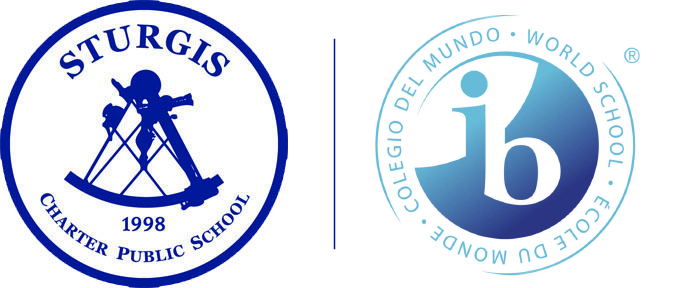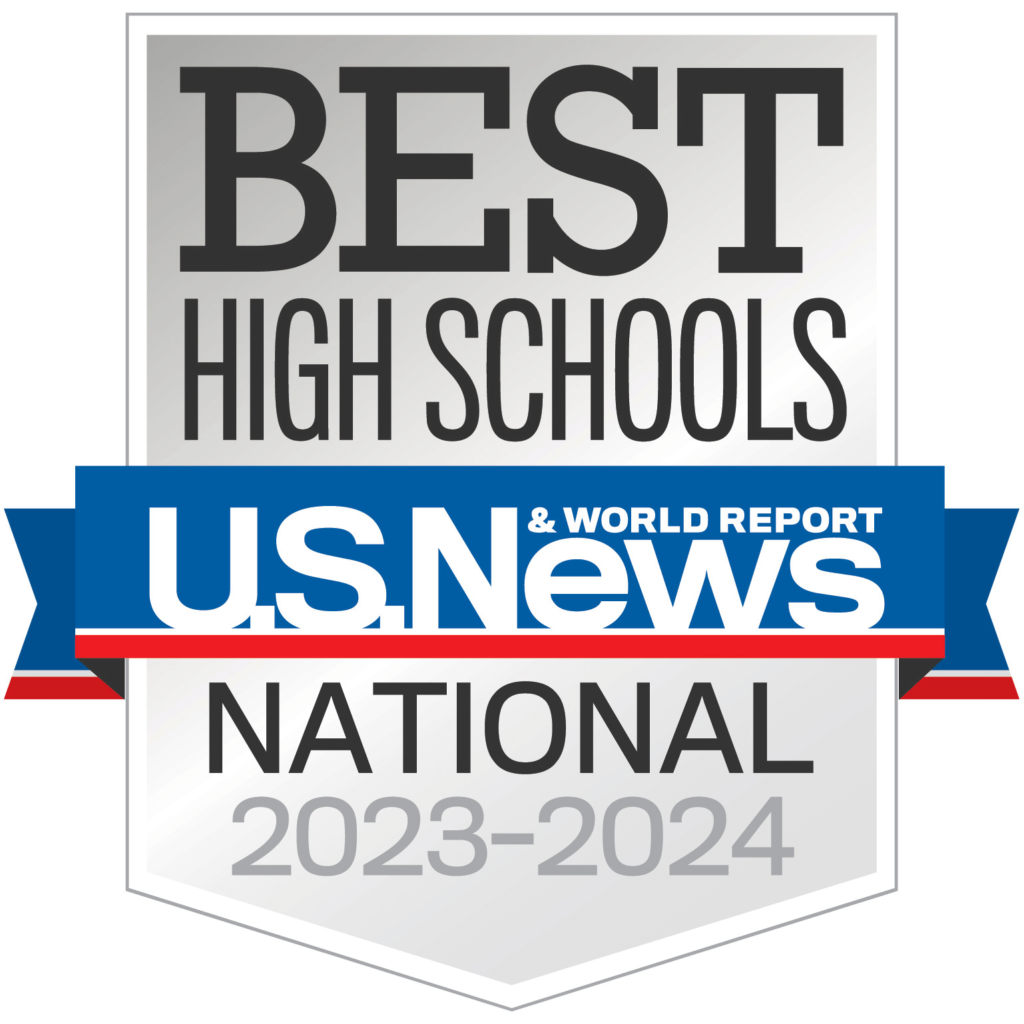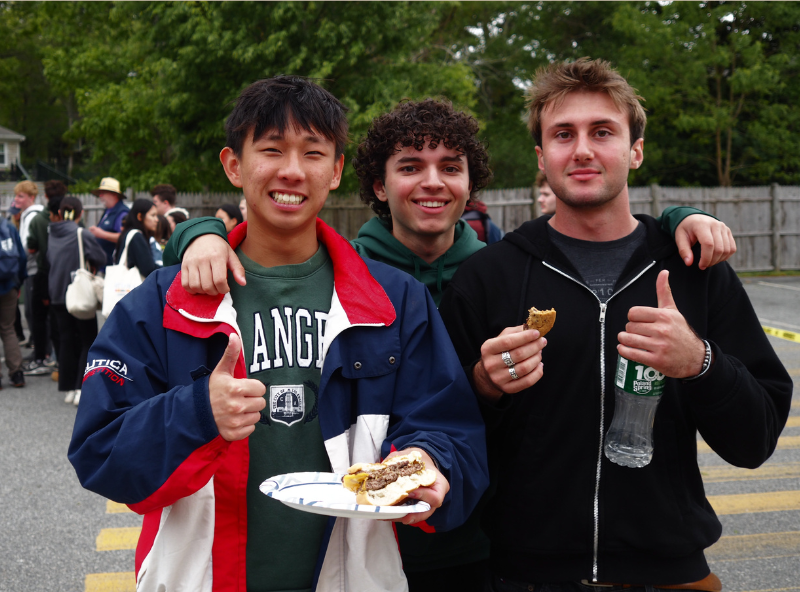What is a bias-motivated incident?
A bias-motivated incident happens when there is a violation of the Massachusetts Civil Rights Act. A bias-motivated incident is when there is interference or attempted interference via threats, intimidation, or coercion with a person’s use or enjoyment of their civil rights. If the incident is based on sex or gender, it may be referred to the Title IX Coordinator (Link to Title IX Page)
What is a hate crime?
A hate crime is a violation of the Massachusetts hate crime statute and is any criminal act motivated fully or partially by someone’s identity as part of a protected class or any interference, deprivation, or attempted interference or deprivation of someone exercising their constitutional rights.
What are bias motivated behaviors?
Bias-motivated behavior occurs when a student or other member of the school community is treated differently/discriminated against or is the target of an offensive comment because of their membership in a protected group. Bias-motivated behaviors include, but are not limited to, acts based on actual or perceived characteristics of individuals or groups of persons in a protected group such as slurs, epithets, hate speech, or symbols.
What is a protected group?
The protected classes are race, color, sex, gender identity, religion, national origin, or sexual orientation. The Massachusetts Student Anti-Discrimination Act (G.L. c. 76, 5)
Who is a Bystander/Witness?
- A WITNESS is a person who observes (sees, hears) a bias incident.
- BYSTANDERS are persons who observe, but do not respond to a bias incident.
Additional Resources:



